When it comes to commercial mortgages, understanding the ins and outs can feel like alphabet soup. DSCR. LTV. APR. Looking past the acronyms and business terminology, purchasing commercial real estate properties can feel like a daunting and major process.
But we can make the process simple, ensuring you get the best interest rate, expand your portfolio and grow your business.
At Brandywine Valley Mortgage, we’ll work with you every step of the way to ensure you have a trusted commercial lender to help you out throughout the transaction. Whether you’re trying to secure investment properties or looking to buy office buildings, growing your real estate portfolio is a big decision — and we want to be your partner in the process.
As you obtain a commercial mortgage, it’s crucial to understand how the loan to value (LTV) ratio affects commercial real estate loans and how it can impact your commercial mortgage
What factors influence the loan to value ratio for commercial real estate loans?
The loan to value ratio for a commercial property is calculated by dividing the loan amount by the appraised property value. Usually, a commercial mortgage will have between a 65% and 80% LTV ratio.
As you go through the process, your commercial lender will consider several factors when determining the appropriate ratio for a commercial real estate loan.
Property Type
The type of property you plan to purchase can impact the LTV ratio your lender can offer based on their different risk levels for lending. For example, a multi-family rental property may have a higher LTV ratio than a retail property due to its steady income and cash flow.
Location
Properties in prime locations with high demand and strong growth potential may have a higher LTV ratio than those in less desirable areas since lenders will feel confident the market value will likely increase over time.
Applicant’s Creditworthiness
The better your credit score is, the higher LTV ratio you might get access to. Banks like to work with borrowers with a strong credit report, showing they’re financially responsible. Make sure you take the steps to improve your credit score as much as possible before applying for a commercial property loan.
What is a debt service coverage ratio loan?
Debt Service Coverage Ratio (DSCR) measures a borrower’s ability to repay a loan by comparing the property’s operating income and cash flow to its overall loan amount. DSCR is similar to LTV ratio, as a higher DSCR indicates a lower risk for the lender, potentially leading to a higher LTV ratio.
For example, a lender may require a DSCR of 1.25, meaning the property’s net operating income must be 1.25 times the debt service. If the property doesn’t meet the DSCR requirement, the lender may reduce the LTV ratio to minimize their borrowing risk and require more down payment.
What do you need to apply for a commercial real estate loan?
To qualify for the best 80 ltv commercial loans, you’ll have to meet several different lending requirements. When you go through the application process, you’ll need to submit:
A clear business plan
Lenders want to feel confident they’re approving commercial mortgages for well-qualified and profitable businesses that have a plan. The more thought-out and thorough your plan is, the more likely you’ll unlock the best terms and conditions.
Applicable financial statements
There is a lot of documentation needed for a commercial mortgage to show that your finances are in order. You’ll need to submit your tax returns, bank statements, profit and loss sheets and more to verify your business’s financial position.
This could also include an appraisal or zoning documents that confirm the property value and that it’s zoned for your business.
How does the loan to value ratio affect the amount of money a borrower can borrow?
As you apply for a commercial mortgage, you’ll want to know exactly how much down payment you’ll need to offer as collateral. This is directly related to the LTV ratio, as a higher LTV ratio requires less down payment.
For example, if you’re trying to purchase a property valued at $1 million with an LTV ratio of 80%, you would need a downpayment of $200,000, or 20% of the purchase price, to finance the remaining 80% requiring a down payment of $250,000.
Why you should work with a commercial property lending expert
Not only can your local commercial mortgage lender secure you a competitive interest rate, they can help you get the best loan terms to fit your budget. When you get commercial mortgages from a local expert like Brandywine Valley Mortgages, we’ll:
Help you navigate the complex loan application process
Don’t go through the process alone. We’ll h
Identify the best financing options for your specific needs
We will take the time to understand your unique circumstances and tailor a loan that considers your business’s cash flow and fits your needs.
Provide valuable insights into the property’s potential and market trends
As a local West Chester, PA, commercial mortgage broker, we know the area and can help you get the best terms for your real estate purchase.
To find a reliable and experienced expert, seek referrals from your professional network and research their track record and client reviews.
Committed to Building Your Business
Purchasing real estate is a huge decision. Whether you’re looking for a DSCR loan, or bridge loans or just want to understand your commercial property options, we can help.
Don’t let the complexities of commercial real estate loans hold you back. As a mortgage broker, we will present you with a wide variety of home loan options from our national network of trusted and reputable wholesale mortgage lenders.
We’ll be able to cater to these terms to fit your needs, ensuring you get the greatest value in terms of industry-leading rates and products.
When you work with us, we’ll partner together to provide the best commercial real estate experience.
Contact Brandywine Valley Mortgage today to put our team of experienced commercial brokers in West Chester, PA, to work for you.


